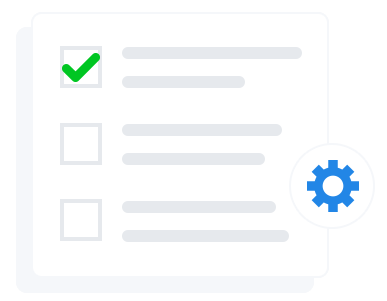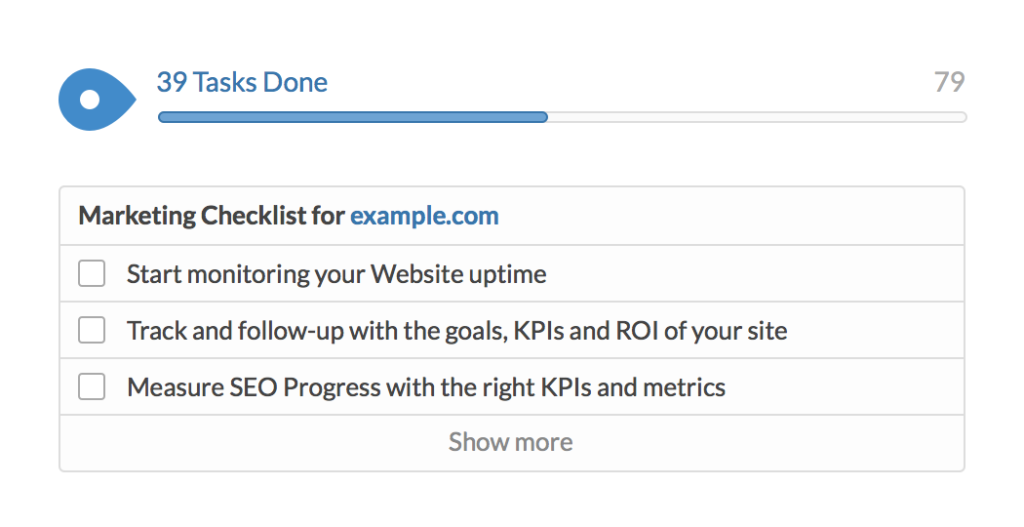
The topic of payroll fraud has been on the rise lately. Everyone from small business owners to employees is concerned about it, and for a good reason! Payroll fraud can lead to a reduction in revenue for your small business, as well as legal problems if you don’t take steps to prevent it.
In this article, we’ll discuss how you can reduce potential payroll fraud by implementing specific strategies.
What Is Payroll Fraud?
Payroll fraud is a type of theft that is committed by a current or former employee of an organization, including both the public and private sectors. The crime involves misreporting the hours worked or outright fabrication of time in order to collect undeserved paychecks.
Payroll fraud has many forms:
Payroll padding – employees show up for work but do not actually perform any productive activity.
Payroll skimming – employers steal money from their own company by processing transactions in ways other than what was agreed upon with the business’ bank.
Payroll dumping – businesses transfer funds received from clients into personal accounts instead of those belonging to the employer’s business account.
Use An Integrated Payroll System
This can help reduce payroll fraud by preventing employees from being involved in personal transactions with each other (i.e., exchanging hours) or teaming up to commit wrongdoing against the company. An integrated payroll system ensures both sides of a transaction – employee earnings/payments and employer deductions – are accurately documented. In turn, this facilitates easier auditing.
Not only can these systems sync together, but the various payroll functions can integrate with your existing accounting software. It can also ensure compliance for your small business by calculating the tax for you and submitting accurate and timely tax returns to the IRS. This can save you from incurring fines or penalties for errors or delays.

Conduct Regular Audits
An audit is an examination, verification, and validation process to ensure the accuracy of your financial data. It can also reveal potential problems with payroll, such as payroll fraud or erroneous transactions. It can help ensure that you are not paying an employee more than their salary would dictate.
Whether you are working for a small business or one that employs hundreds, it’s important to audit your records regularly so any mistakes can be corrected before they become too large a liability.
Implement A Zero Tolerance Policy
When it comes to fraud within the workplace, there are typically two types: occupational fraud and organizational fraud. Occupational fraud is when a worker steals from their employer or company, while organizational fraud–or payroll-related theft–is when an employee commits any number of illegal activities in order to obtain more money than they’re entitled to.
To prevent this type of crime within your small business, you should implement a zero-tolerance policy for all employees. Make sure that every person working at your organization has been properly trained and supervised with regard to the behavior expected of them during work hours. These policies should be specific enough that there’s no room for interpretation by workers as to how much they can get away. Document your policy, put it in the staff handbooks and regularly communicate it to them. Let them fully understand the disciplinary procedures you have put in place for anyone who violates them.
Protect Your Company From Identity Theft
This is a serious problem for small businesses. In 2013, it was the most common type of crime in America, and it accounted for $25 billion dollars worth of losses to consumers each year. The identity thief is looking for ways to leverage your identity so that they can establish credit lines with financial institutions without being caught.
Consider using a private payroll company and combine this service with an identity monitoring company. Check all communications from potential employees who want jobs through social media sites and job boards. If you suspect that any sort of fraud is occurring, contact law enforcement officials immediately.
Increase Your Protection Levels
When it comes to systems and software, you should have different access levels for staff. Don’t allow people to share passwords and train them to lock their screens whenever they leave their desks. Invest in a quality firewall and software that can protect your company from hackers, malware, viruses, and phishing attacks.
If you put these measures into place, you’ll gain greater peace of mind. Your employees will be clear about your security policies, and your computer applications will be working to protect you. In turn, you can focus on making your business grow and prosper.


